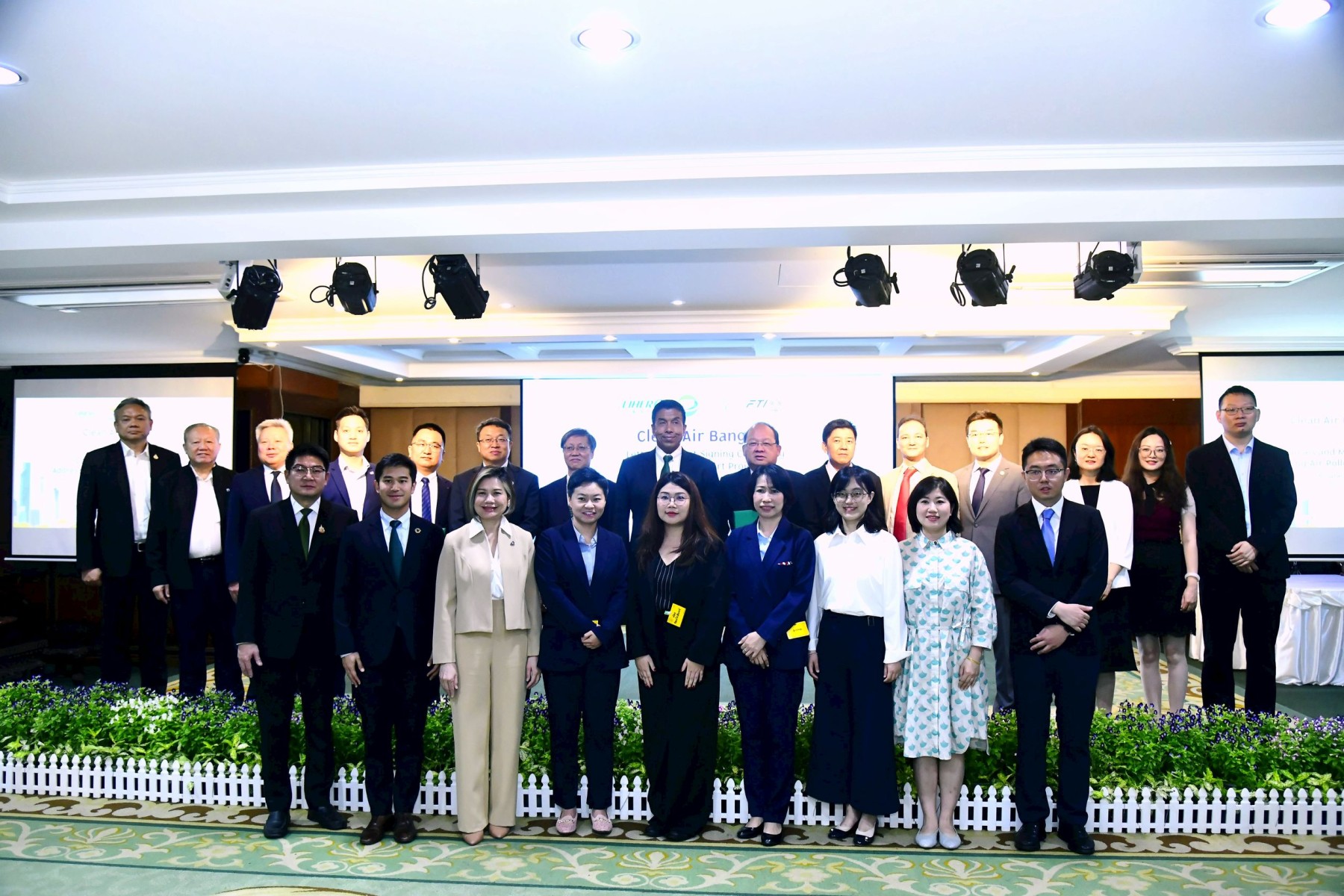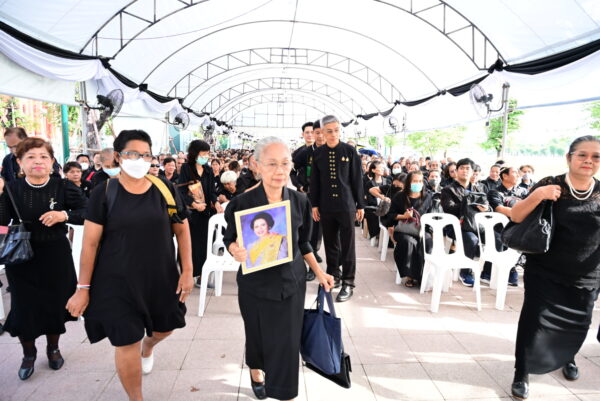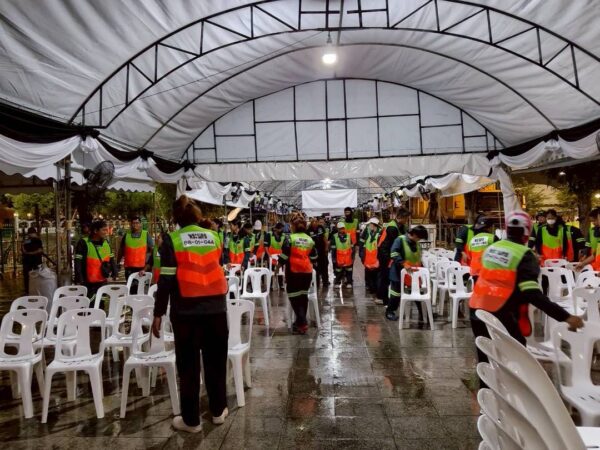
(June 6, 2025) —The Bangkok Metropolitan Administration (BMA) has launched an ambitious new project, dubbed “Dust DNA,” in collaboration with China and the private sector, aimed at revolutionising the fight against air pollution in the Thai capital.
The initiative will see the installation of a cutting-edge “Super Station” to conduct real-time chemical analysis of PM2.5 fine particulate matter, paving the way for cleaner air across Bangkok.
The landmark quadripartite Letter of Intent was signed on Friday at Rattanakosin Room, Bangkok City Hall, marking a significant step in the technological support for identifying the causes and devising effective management strategies for air pollution in the city.
Attending the ceremony were Chadchart Sittipunt, Governor of Bangkok; Ma Minggeng, Science and Technology Counsellor at the Chinese Embassy; Dr Quan Zhanjun, Vice President of the Chinese Research Academy of Environmental Sciences (CRAES); Kriengkrai Thiennukul, Chairman of the Federation of Thai Industries (FTI); executives from Lihe Technology (Hunan) Co., Ltd. (Lihero); and Pornprom Vikitsreth, Advisor to the Governor of Bangkok and Bangkok’s Chief Sustainability Officer.
Governor Chadchart expressed his sincere gratitude for the robust cooperation from all parties involved. He emphasised that the persistent dust problem not only jeopardises public health but also impacts every facet of society.
“By learning and adopting dust management strategies from various countries, Bangkok will be better equipped to implement more effective and efficient solutions, ultimately enhancing the quality of life and creating a truly liveable city for all its residents,” the Governor stated.
The Quadripartite Letter of Intent was formally signed by Prapas Luengsirinapha, Director-General of the Environment Department, Bangkok Metropolitan Administration; Dr. Quan Zhanjun, Vice President of CRAES; Kriengkrai Thiennukul, Chairman of the FTI; and Wen Lichun, CEO of Lihe Technology (Hunan) Co., Ltd. (Lihero).
The primary objective of this collaboration is to significantly enhance Bangkok’s technological capabilities in real-time dust composition monitoring.
This will involve the deployment of advanced instruments to analyse the chemical make-up of PM2.5, specifically focusing on inorganic water-soluble ions, various elemental components, and black carbon.
The process will adhere to principles of precise and scientific pollution control, bolstering the city’s air quality surveillance and management efforts.
Crucially, the data gathered will enable the precise identification of atmospheric fine particulate matter (PM2.5) pollution sources.
It will also facilitate a quantitative assessment of the impact of open burning of agricultural waste and provide vital scientific backing for responding to critical air pollution episodes.
Beyond monitoring, the project will generate crucial policy recommendations for governmental bodies and industrial sectors.
These recommendations will support the implementation of comprehensive air pollution control measures and assist the BMA in establishing a dedicated working group and platform for the analysis and forecasting of air pollution.
The research phase of the project is projected to last approximately one year. During this period, a “Super Station” will be installed at a height of 15-30 metres on the building of the Faculty of Architecture at Kasetsart University’s Bang Khen Campus. The deployment will occur in two distinct phases:
Phase 1 (July 2025): Installation of the core air quality monitoring station.
Phase 2 (October 2025): Integration of instruments for measuring water-soluble ions and Light Detection and Ranging (LiDAR) detectors.
The expected long-term outcomes of this innovative project are substantial. They include the establishment of a science and technology-driven operational framework for air quality management, enabling precise identification and analysis of air pollutants.
This will lead to enhanced monitoring and management of emission sources, the formulation of targeted policy measures, and the creation of a comprehensive database of primary dust sources across Bangkok.
Furthermore, the city will gain the capacity for real-time analysis of air pollution causes and the development of a platform for continuous particulate matter concentration monitoring.
A crucial database on agricultural burning emissions in the vicinity of Bangkok will also be compiled, facilitated by the collaborative efforts of both domestic and international agencies.
#BangkokCleanAir #DustDNA #PM25 #AirQuality #BMA #ThailandChinaPartnership #CleanTech #SustainableBangkok #EnvironmentalProtection




